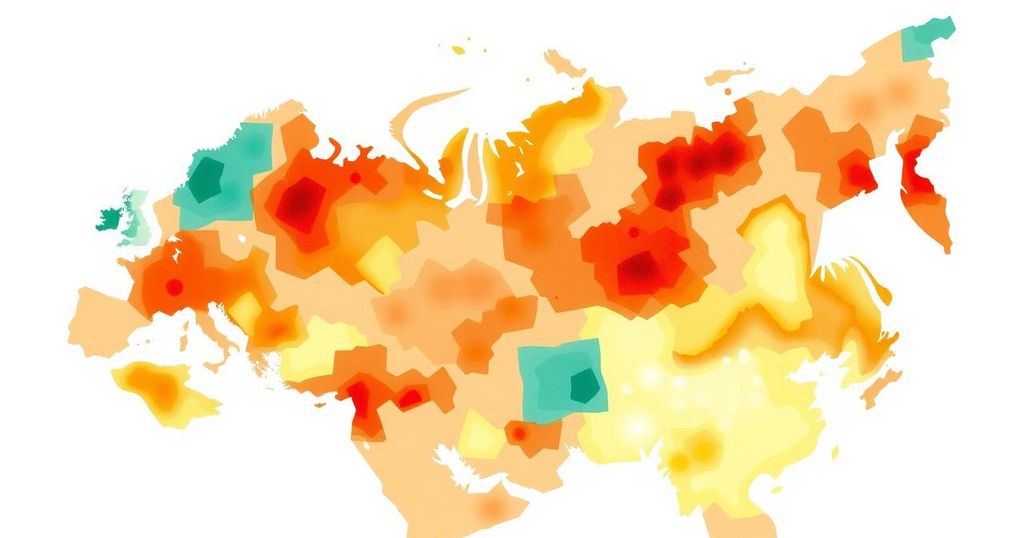World news
ACLU, ASIA, BOASBERG, BUKELE, CUBA, DE ARAGUA, DEPORTATION, EL SALVADOR, HONDURAS, JUSTICE DEPARTMENT, LAW, LEGAL, MARCO RUBIO, MONEY LAUNDERING, NAY, NORTH AMERICA, PHILIPPINES, POLITICS, SOUTH AMERICA, TREN, TREN DE ARAGUA, TRUMP, U. S, UNITED STATES, VENEZUELA, WHITE HOUSE
Stella Nguyen
0 Comments
Trump Administration’s Controversial Deportation of Migrants Amid Legal Disputes
The Trump administration deported hundreds of migrants to El Salvador despite a judge’s injunction. U.S. District Judge Boasberg issued a temporary halt, but deportations proceeded, leading to significant criticism from legal advocates and government officials. The actions have prompted broader discussions about the implications of invoking the Alien Enemies Act in this context.
The Trump administration has conducted the deportation of hundreds of immigrants to El Salvador, despite a federal judge’s order that temporarily halted such removals under the Alien Enemies Act of 1798. Judge James E. Boasberg’s order came after two planes with migrants were already en route, complicating the situation as authorities failed to comply with his verbal directive to turn them back.
El Salvador’s President, Nayib Bukele, who has shown support for Trump’s policies, agreed to house around 300 migrants in his country’s prisons for a year at a cost of $6 million. Furthermore, Secretary of State Marco Rubio announced the deportation of over 250 members of the Tren de Aragua gang, purportedly saved taxpayers money by utilizing El Salvador’s facilities.
The 18th-century law, historically invoked only during wars, provides the president with extraordinary powers to detain or deport foreigners, overriding typical immigration protections. Critics, including the ACLU, have raised concerns about the legality of these deportations, questioning if they were carried out in defiance of the judicial order.
Venezuela’s government condemned the Trump administration’s interpretation of the law, likening it to bleak historical events marked by oppression. The alleged members of Tren de Aragua, whose roots trace back to a notorious prison, epitomize a broader issue of Venezuelans fleeing dire economic conditions in their home country. Legal advocates have expressed worries over the lack of evidence linking the deportees to any wrongdoing in the U.S.
Footage from El Salvador depicted the deported individuals in shackles, being transferred under heavy guard to a high-security facility, emphasizing the harsh treatment of these migrants. Legal proceedings initiated in Texas aimed to protect vulnerable Venezuelans from wrongful deportation amid fears of being falsely identified as gang members.
The judge’s intervention shall remain effective for a period of up to 14 days, awaiting a follow-up hearing to discuss further arguments against these deportations. Boasberg acknowledged the importance of allowing migrants an opportunity to contest their removal, recognizing the constitutional implications of their potential deportation.
The recent actions of the Trump administration to deport hundreds of migrants to El Salvador, despite a federal judge’s opposing order, raise serious legal and ethical questions. The application of an antiquated law under unprecedented circumstances poses significant risks for affected individuals. As the legal battles continue, the case underscores the complexities of immigration enforcement and the necessity for judicial oversight.
Original Source: apnews.com




Post Comment